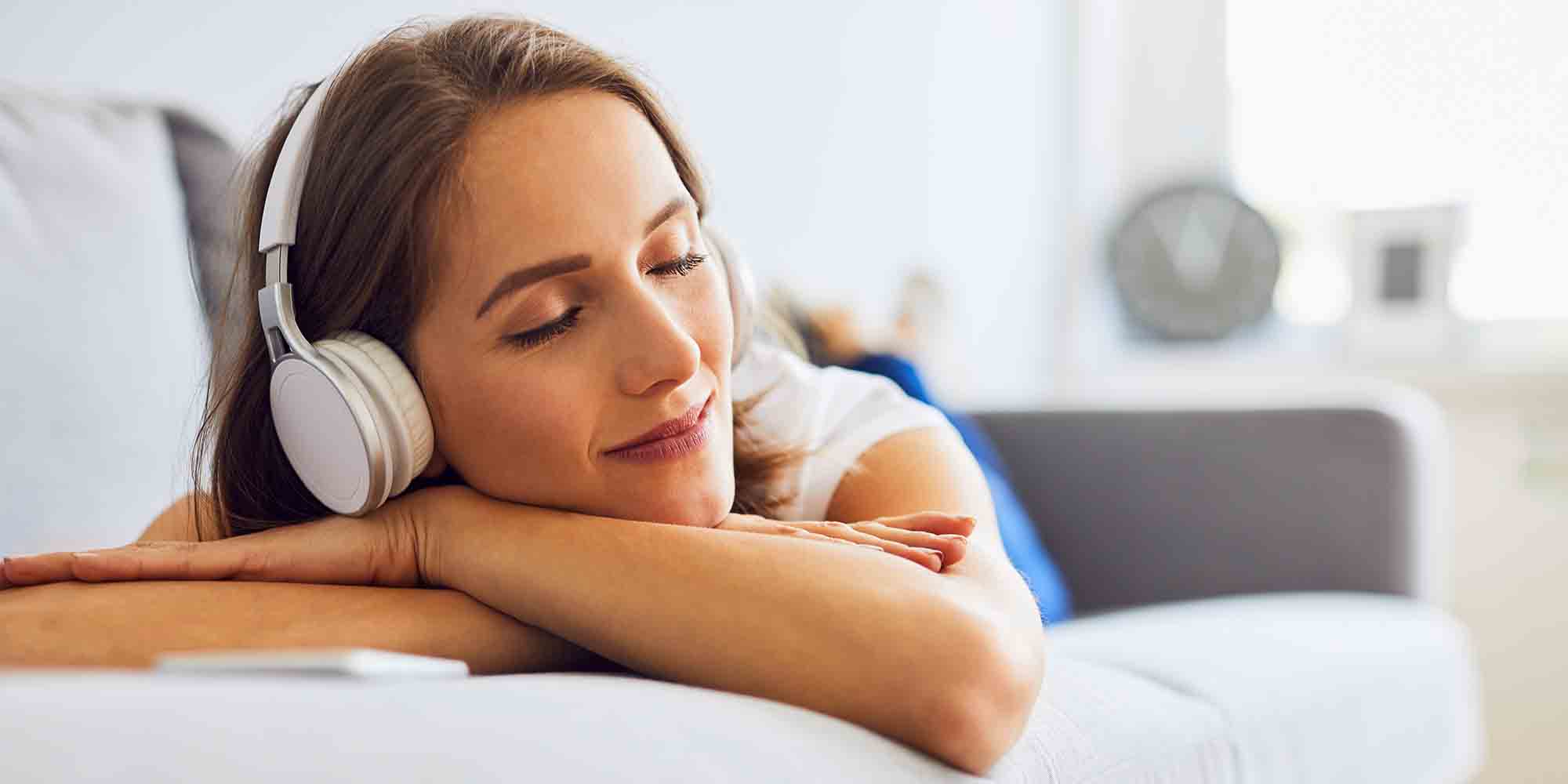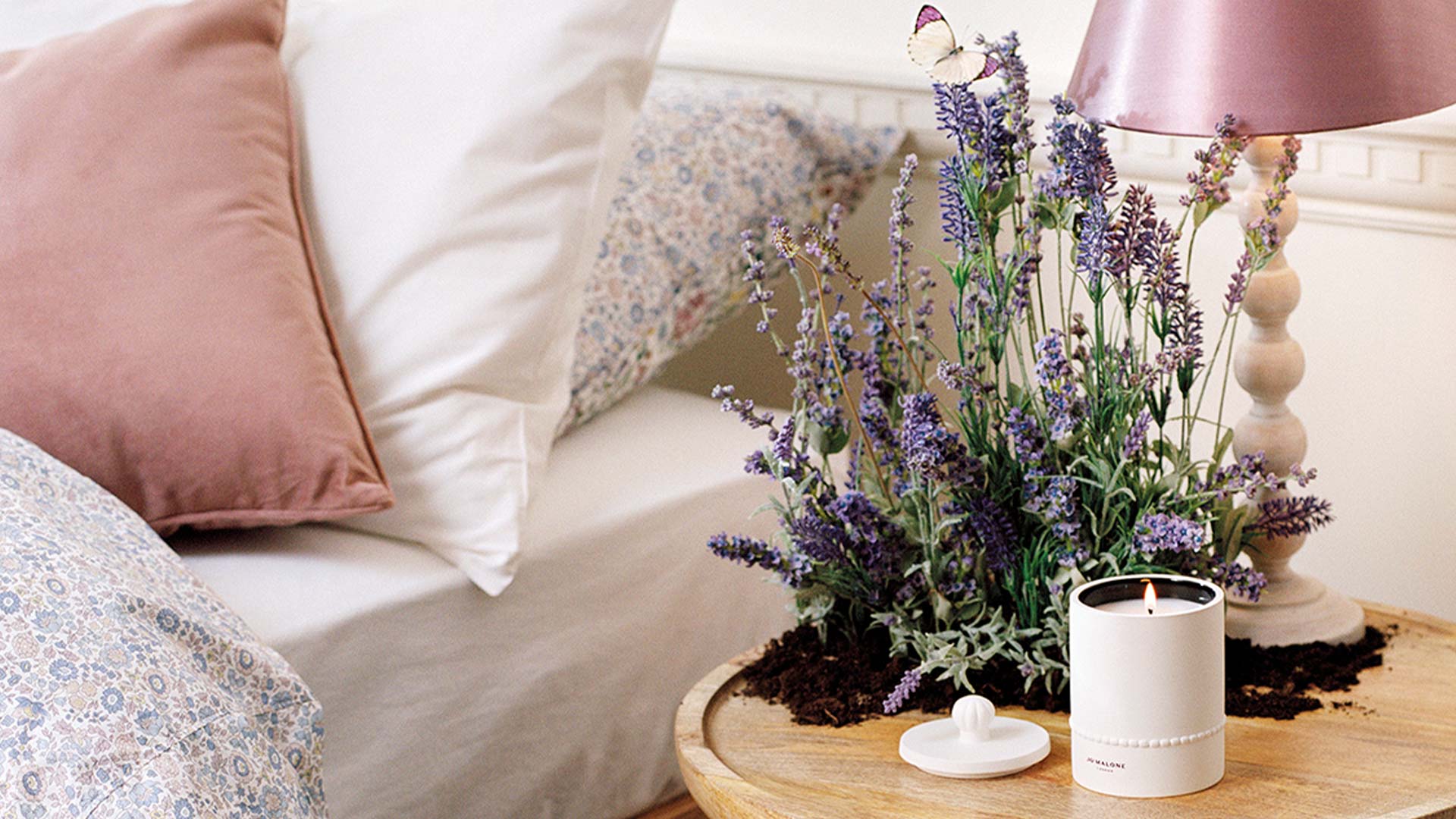Insomnia, the inability to fall asleep or stay asleep, is a common sleep disorder that affects millions of people worldwide. Chronic insomnia can lead to several health problems, including depression, anxiety, high blood pressure, and even an increased risk of heart disease. However, the good news is that there are several proven strategies that can help you beat insomnia and live longer. In this article, we'll explore the science of sleep and provide you with effective ways to combat insomnia.
The Science of Sleep
Sleep is a crucial process that helps your body restore and repair itself. While you sleep, your brain processes and consolidates memories, and your body produces hormones that regulate growth and appetite. When you don't get enough sleep, your body produces more stress hormones, which can lead to anxiety, depression, and other health problems. Lack of sleep can also lead to a weakened immune system, making you more vulnerable to illnesses.
To understand how to beat insomnia and live longer, it's essential to understand the science of sleep. The National Sleep Foundation recommends that adults get seven to nine hours of sleep per night. However, the quality of sleep is just as important as the quantity.
Here are some suggestions for how to make it easier for yourself to fall asleep based on the best available research.
Shut off your phone.
I'll assure you that the surprises are coming. But none of the other advice will be effective if we can't get past these. A screen before bed is bad for your sleep, whether it's a TV, iPad, or phone, as numerous studies have demonstrated. So keep your eyes off the pixels if you want to sleep.
Sources: Pediatrics, Chronobiology International, Scientific American Mind, Sleep and Biological Rhythms
Dim the lights in your room
It may seem apparent, yet it is nevertheless important to state: Leaving the lights on is among the worst things you can do for yourself at night. Bright light, particularly blue-ish light, tells your brain that it is still daytime and blocks the release of melatonin and other sleep-inducing chemicals. To assist you maintain a regular sleep schedule, Harvard Medical School advises using dim red lights at night and, on the other hand, being exposed to bright lights during the day.
Sources: The Journal of Clinical Endocrinology and Metabolism, Harvard Medical School
Break the coffee habit
Coffee might help you manage the signs of your sleep issues, but it also contributes to their development. Even if you don't drink immediately before bed, caffeine affects the melatonin levels in your brain, prolongs the time it takes for you to fall asleep, and reduces the amount of sleep you get.
Sources: Sleep Medicine, Brain Research
Get rid of your drinking habits
It's time to face facts: Alcohol is terrible, especially if you have sleeplessness. (Ignore the terrible articles about red wine you read.) Studies after studies reveal the negative consequences drinking has on your sleep, according to a National Institutes of Health evaluation of decades' worth of data. Even occasional drinkers sleep less soundly, for shorter periods of time, and longer than their sober neighbors. Additionally, drinking alcohol raises the risk of sleeping disorders including apnea.
Sources: NIH, The American Journal of Medicine
Try to stay awake
There has only been one study that has examined it, so the science is a little shaky on this one. However, patients' ability to fall asleep quickly was enhanced when researchers tested the cognitive trick of paradoxical intention, or in other words, reverse psychology, on them. If you have trouble sleeping, it could be worthwhile to give it a shot.
Source: Behavioral and Cognitive Psychotherapy
Take a warm bath
Although there aren't many studies supporting this one either, the research is sound and it makes intuitive sense. Take a warm bath before bed because it seems to help you fall asleep more easily and help you sleep longer once you are asleep.
Source: Electroencephalography and Clinical Neurophysiology
Warm your feet and hands
Research shows that a warm water bottle against your feet and/or hands as you lay in bed makes a measurable difference in the speed at which you fall asleep. Don't have one handy? Wear socks to bed. (And note that this doesn't apply to everyone: Some people prefer the opposite — cold feet.)
Source: Nature
Stop sleeping with awful people
Make sure the person you go to bed with makes you happy, to put it another way. The majority of the evidence gathered in a review suggests happy couples sleep better together and that people who sleep well together end up in happier relationships, even though researchers say there is still much to learn about how couples sleep in the same bed.
Source: Sleep Medicine Reviews
Develop a bedtime routine
We already know that habits have a significant impact on a wide range of aspects of your life. Therefore, it makes sense that they would also aid in getting you to sleep, and many medical professionals do advise creating a regular schedule. Unfortunately, there doesn't seem to be much study on how nighttime rituals affect adults, but studies on kids demonstrate that they can be highly beneficial.
Source: Sleep
Find the happy place in your head
Many people with insomnia complain that unwanted thoughts or images keep them awake. Research has shown that focusing on and envisioning pleasant images while you lay in bed can bring the calm necessary for sleep
Source: Behavioral Research and Therapy
Listen to music
A study showed that listening to classical music helped relax students and improve their sleep quality, while listening to an audiobook or nothing at all did not. The trick here likely isn't classical music in particular, but music that you find calming.
Source: Journal of Advanced Nursing
Fill your room with a lavender scent
Lavender fragrances helped young men and women sleep deeper and wake up feeling more refreshed, according to a study of healthy sleepers. It's interesting to note that in rooms with a lavender aroma, men and women appeared to sleep in quite different ways. However, both teams gained.
Source: Chronobiology International
Figure out what works for you
You've likely noticed that many of the suggestions on this list center on finding and creating calming, sleep-promoting conditions. Every person is unique, and the specific tricks that work for you may vary. In addition to the big, important tips (stop drinking and looking at your phone late at night) try the others one or two at a time. Keep track of what makes a difference and stick with that.









